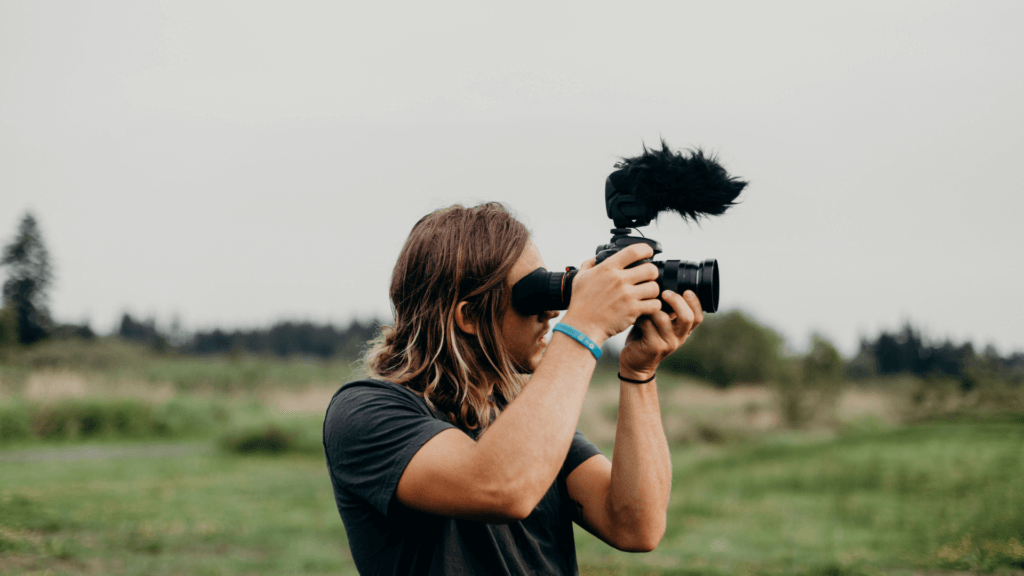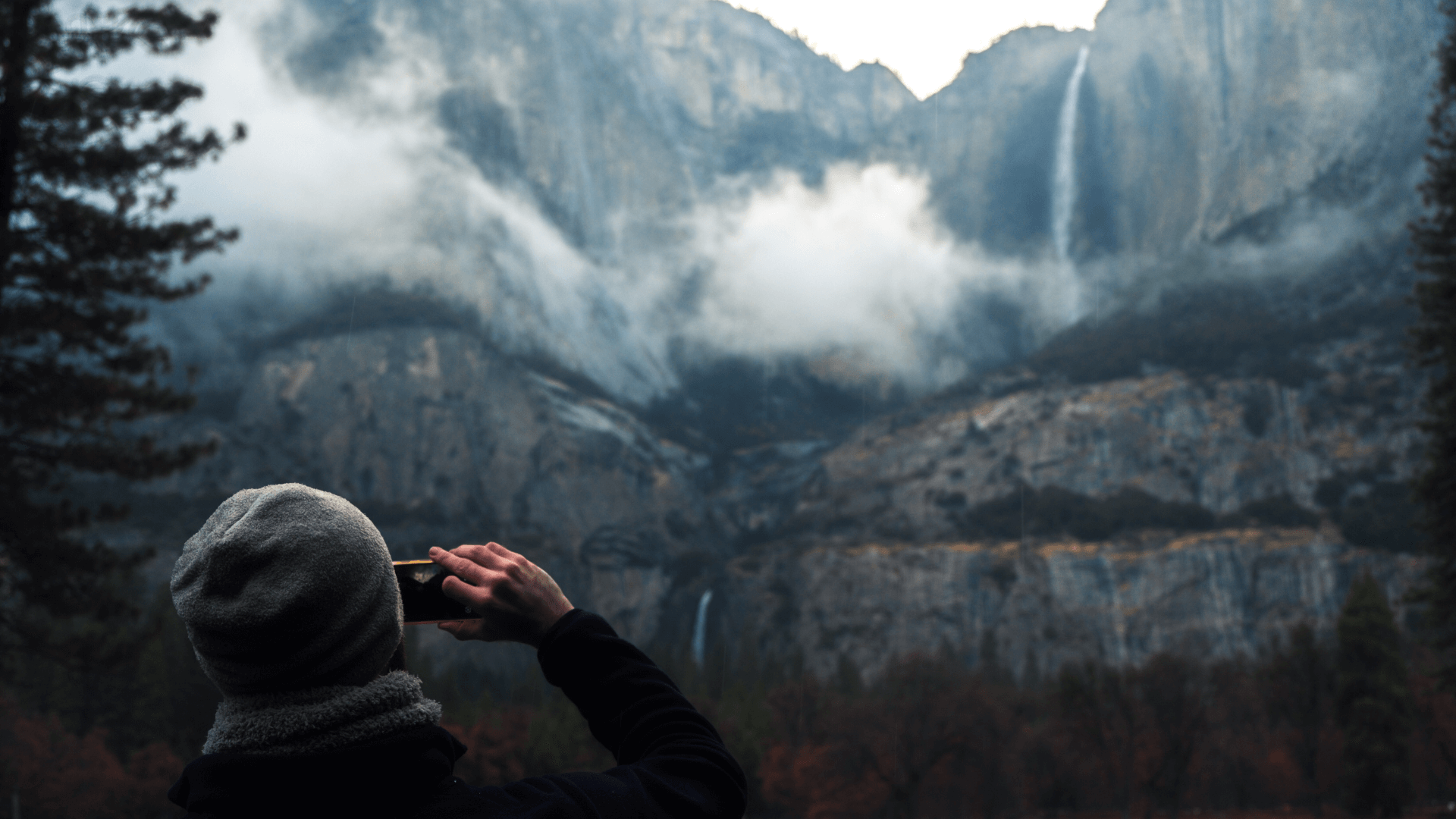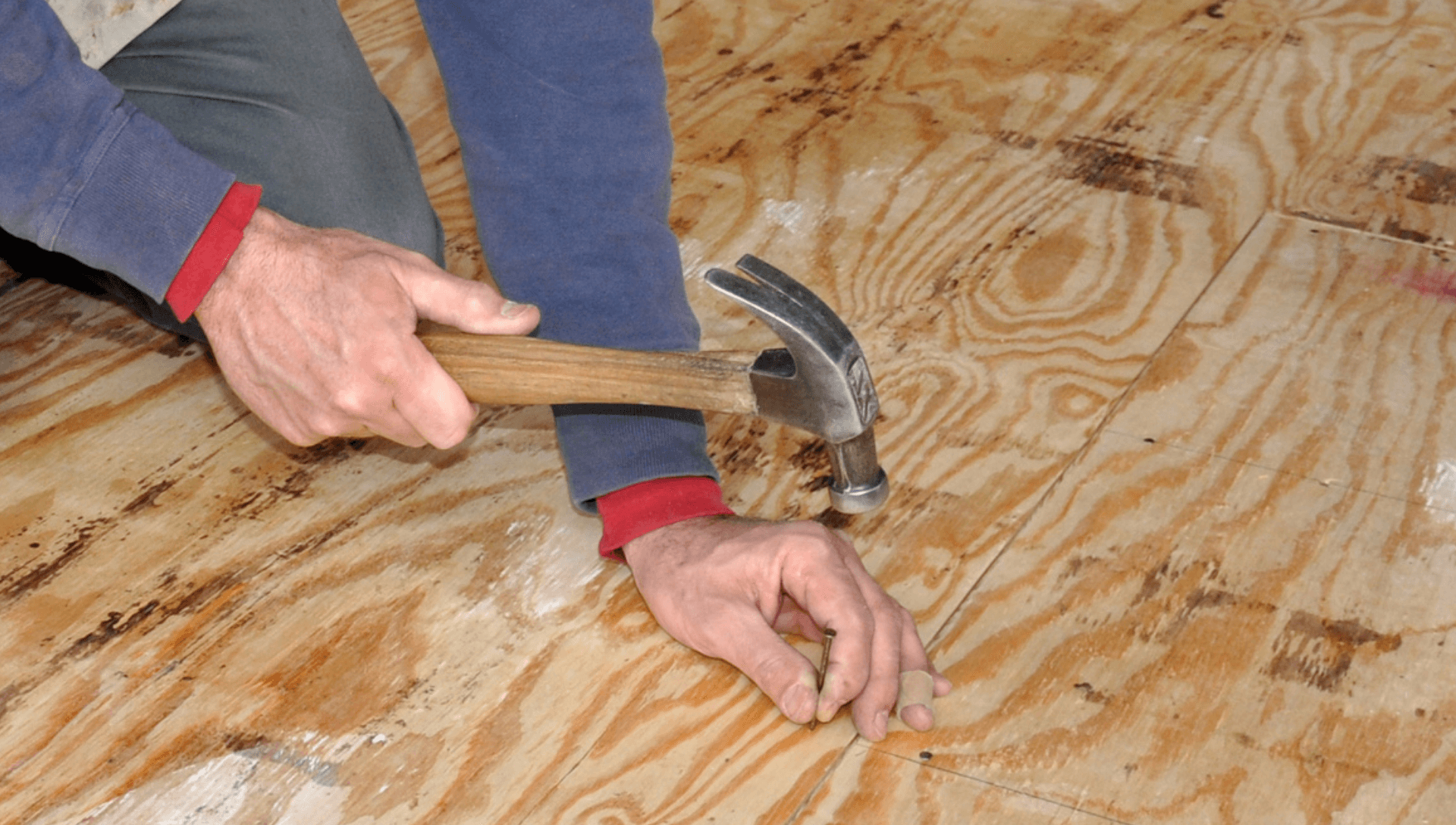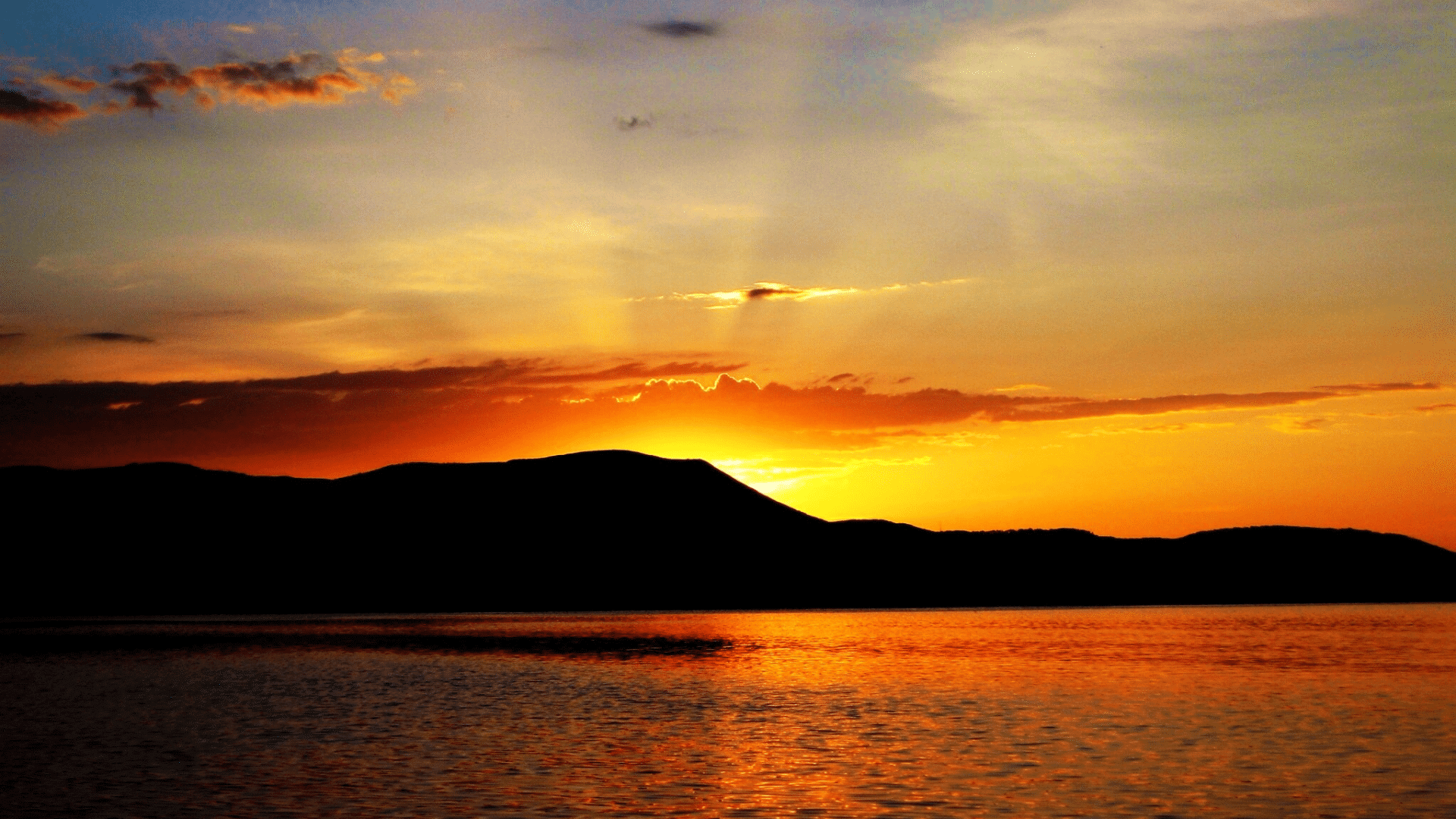Table of Contents Show
Huge win for YouTubers looking to film and post content from within national parks!
Did you know you had to purchase a permit ahead of time from the National Park Service before you posted any content you filmed there? Well, you no longer need to apply for permits or pay expensive fees to simply vlog on national parkland. Thanks to a recent ruling by a federal judge, you no longer need to fear outrageous fines or jail time either!
An indie filmmaker and travel vloggers made infamous headlines in the last two years due to filming without permission in national parks. These incidents raise questions about the purpose of the previous statute. What made it legally allowed for Instagram influencers to post pictures of national parks but vloggers can’t post their content?
So what does this mean for YouTubers looking to post their travels through national parks? Let’s unpack this exciting news.
Federal Court Judge Rules NPS Filming Permits Unconstitutional
A D.C. federal judge has ruled that it’s unconstitutional for the National Park Service to require permits or charge fees for commercial filming on its land. The ruling to overturn the law is due to its infringement on the first amendment which protects “expressive speech”.
The statute in question had specific content-based restrictions that did not include content created for the news or personal use. This makes it tricky to define what content is unlawful to post.
Gordon Price Sues The National Park Service Over Citation From Indie Film
While filming a small feature film Crawford Road in 2018, Gordon Price received a ticket from two NPS officers. He was filming without a permit in public areas of the Yorktown Battlefield in Colonial National Historical Park in Virginia. This sparked a lawsuit against the U.S. Attorney General William Barr, Secretary of the Interior David Bernhardt, and Deputy Director of the National Park Service David Vela.
His case is largely the reason for the overturning of this law. Price’s attorney argued that the focus of the statute was not for conservation.
Travel Vloggers Kara and Nate Fined $1000 For Video Made In National Park
Just a few months ago, YouTube vloggers Kara and Nate, were infamously fined $1000 for filming in national parks without a permit. They released a video on their page detailing the entire ordeal. An anonymous complaint was filed against them for a video they posted of them in a national park. Since their YouTube showcased that they were profiting from their content creation, they were therefore filming for “commercial” use.
What is Commercial Filming?
The National Park System defined commercial filming as “… the recordings of a moving image by a person, business, or other entity for a market audience with the intent of generating income”. As an example, any filming that can be used for financial gains. This description brings to mind Hollywood film studios. In addition, this definition includes vloggers who use their platform to generate income.
Furthermore, technology has changed a lot since the original statute was written. The idea of commercial filming only expected to include large cameras and crews. The concept of YouTube and personal recording devices were not fully conceived until recent years.

Commercial Film Permit and Fees Previously Required in National Parks
A permit for filming could cost around $300 to apply with $150 per day of filming. Plus once you got approved, it was often a requirement to pay for insurance. Some parks even requested you post a bond upfront to cover all expenses and possible damages.
On top of the financial burden, the expectation was to file the permit as far in advance as possible. Another difficult requirement is providing a detailed itinerary of the filming plan.
What used to happen if you didn’t get a permit? Violations could result in fines or up to six months in prison.
Can YouTubers Now Film Without Paying Fees or Getting a Permit?
Yep! Thanks to the ruling that it is unconstitutional to require a permit to film in the national parks. YouTubers no longer need to stress obtaining filming permits. Therefore, no more fears of paying a fine due to filming and posting content.
Conclusion
Now that there is no stress about filing for a permit or worrying about filming in National Parks, we can predict that there will be more content available to watch on YouTube. By making it more accessible for viewers that may never get the opportunity to witness some of the gorgeous and unique landscapes across America is a win for many.
With that being said, please have common courtesy and respect for the beautiful parks and nature throughout. So stay in the designated areas for the public, leave no trace that you were there, and happy filming!







Great news about filming at the parks without fees .
nice
Thanks So much! This post is so informative and useful because I plan on vlogging in a lot of state parks!
The ruling has been reversed. I you are reading this in late 2022 please revisit the permit requirements for recording on National Park land.